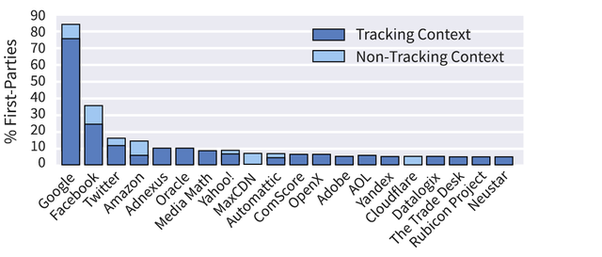4chan is reasonably unique in the current online landscape, in that it permits conversation by totally anonymous users. This allows its users to post without much thought about their privacy status, which they often take for granted. This unique level of privacy fostered by anonymity, in a way, partially delivers on the Cyberspace rhetoric of the 1990s in that people can't be judged by their physical identities unless they offer identifying information up themselves. That's not to say that 4chan is a welcoming space for all (or even most) users, though, as it has been acknowledged, even later here in Ellis' article, that 4chan houses plenty of white supremacist tendencies, but, strictly speaking, as far as one's ideas go, they are judged purely based on their merit so long as no additional personal identifiers are offered. As Dillon Ludemann notes in his paper, /pol/emics: Ambiguity, scales, and digital discourse on 4chan, white supremacy, as well as other, "practiced and perceived deviancy is due to the default blanket of anonymity, and the general discourse of the website encourages users to remain unnamed. This is further enforced and embodied as named users, colloquially known as 'namefags,' are often vilified for their separation from the anonymous collective community" (Ludemann, 2018).
Hypothetically, since all users start out as anonymous, one could also present their identity however they so please on the platform, and in theory what this means is that the technology behind the site promotes identity exploration (and thus cyberspace rhetoric), even though in practice, what most users experience is latent racism that depends on users' purposefully offered identifying information or generalized white supremacist posts that are broadcasted for all on the site to see.
Work Cited:
Ludemann, D. (2018). /pol/emics: Ambiguity, scales, and digital discourse on 4chan. Discourse, Context & Media, 24, 92-98. doi: 10.1016/j.dcm.2018.01.010
